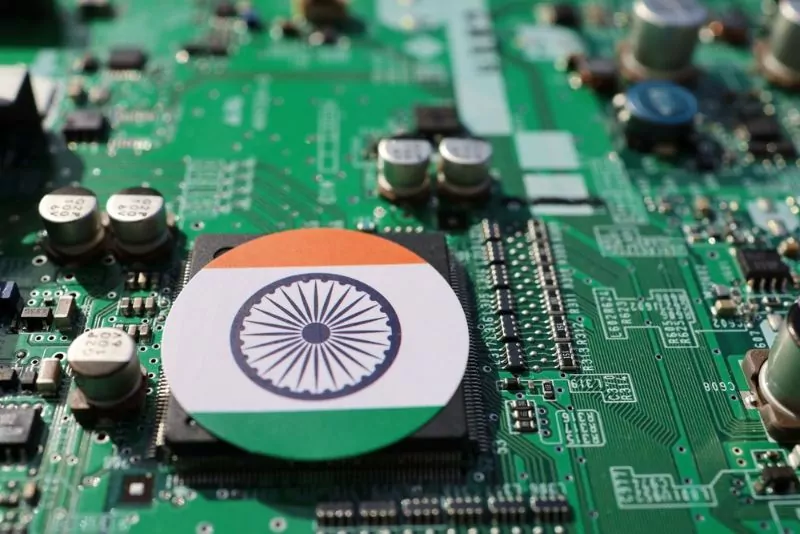Fernando Colá CEO of Omron’s European industrial automation business says “the demand for chips does not stop growing” and the semiconductor shortage crisis has not been resolved, so you have to adapt to survive.
In an interview with Italian Cinco Días, Colá says Omron has set out to insulate its production processes from the instability of the supply chain.
One of the solutions already applied is to duplicate manufacturing lines around the world, so that when component shortages are detected in one country, production can continue in another.
They have also redesigned over 1,000 products to make them universally compatible in terms of components, making it easy to replace components in the event of a shortage; introduced greater flexibility in manufacturing processes; and adapted the company’s capacity to cycles of component shortages.
The net result of these initiatives is expected to be greater protection of automation users from supply uncertainties during 2023.
To avoid electronics supply-chain disruptions, you may also wish to consult an expert in electronics component supply. With more than three decades of supply-chain expertise, Astute Electronics is ideally placed to work with you on your daily component requirements.
For more help with looking at supply chain options, contact Astute Electronics





